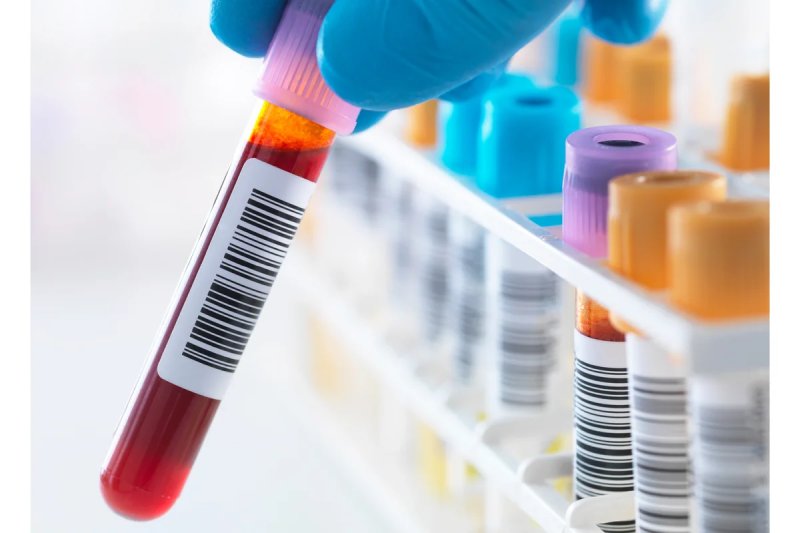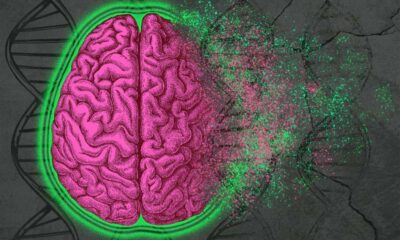Neurology
Research on an Alzheimer’s Disease Blood Test Is Expanding
-

 Diabetology2 weeks ago
Diabetology2 weeks agoHow Exercise Impacts Blood Sugar Levels
-

 Diabetology6 days ago
Diabetology6 days agoDiabetes Screening: Why Early Detection Saves Lives
-

 Diabetology4 days ago
Diabetology4 days agoGlycemic Index Chart + Tips: Best & Worst Foods for Blood Sugar
-

 Diabetology6 days ago
Diabetology6 days agoHyperglycemia: What You Need to Know to Stay Safe
-

 Diabetology6 days ago
Diabetology6 days agoCaring for Diabetes Daily: A Practical Guide to Routine Control
-

 Diabetology2 days ago
Diabetology2 days agoUnderstanding the Impact of High Glucose Levels
-

 Diabetology3 days ago
Diabetology3 days agoDaily Diabetes Management Plan for Type 2 Diabetes
-

 Diabetology12 hours ago
Diabetology12 hours agoHow a Plant-Based Diet Can Help Manage Type 2 Diabetes

















